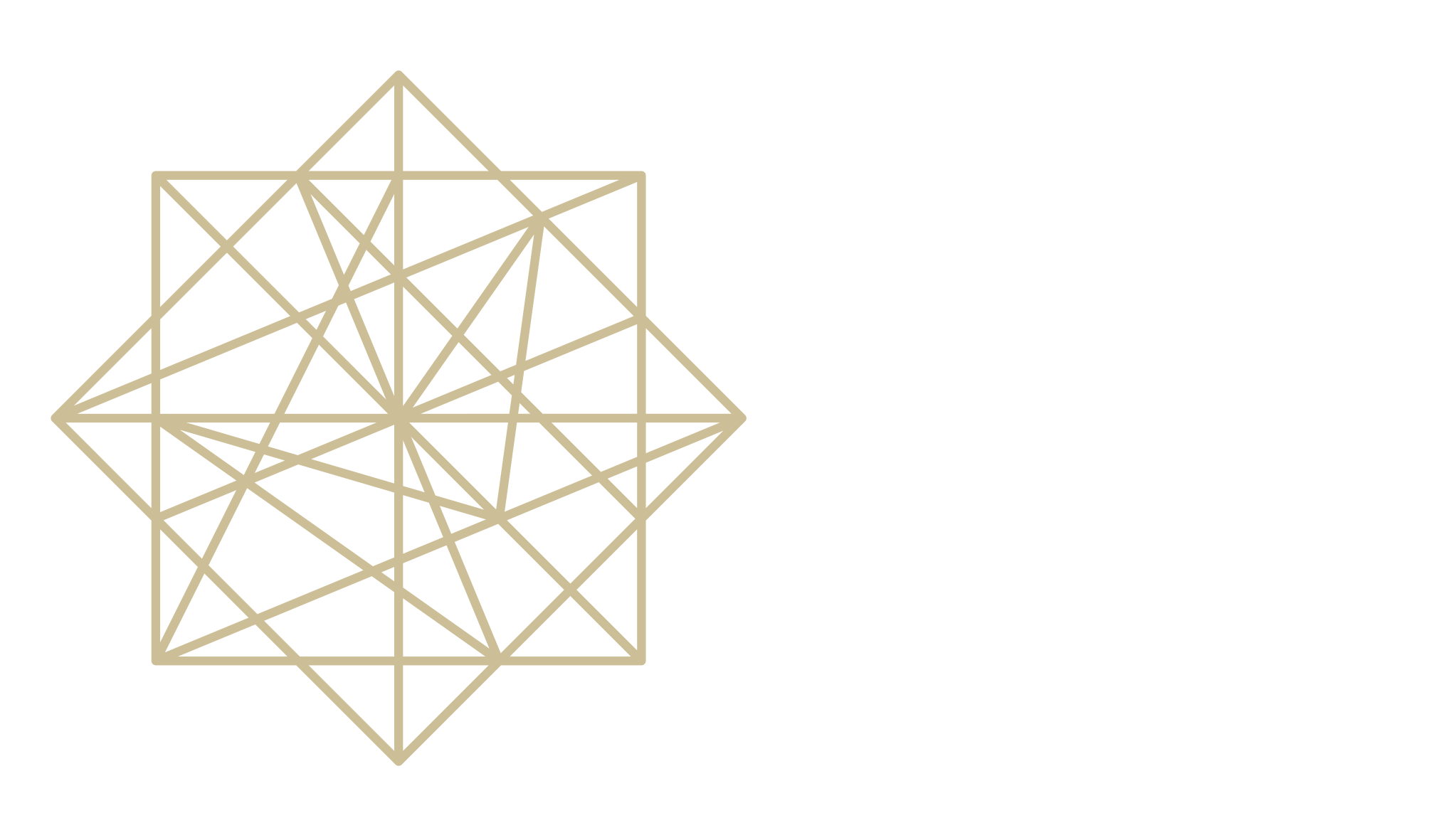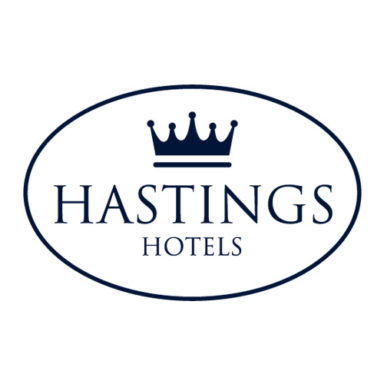How to look for soft skills and assess cultural fit?
What is culture fit?
In every workplace talk, we often hear both employers and employees talk about organisational culture – that mysterious term that characterises the qualities of a work environment. When interviewing prospective employees, one of the key determinations for an employer will always be whether the candidate is a good ‘cultural fit’. Organisational culture can be difficult to define, but employers will generally know when they have found an employee who appears to fit their culture.
The Multi-Generational Job Search Study found that cultural fit is key to employers, with 43% of HR professionals ranking “cultural fit” as the single most important thing in the hiring process, followed by “relevant courses” (21%) and “internship experience” (13%).
4c Process
When a client retains 4c to fill a business critical role, we spend time in the organisation with the key people involved with the specific role, getting to know and understand the business and how it operates. This not only affords us the opportunity to discover the key skills and experience required for the role but additionally enables us to build a strong picture of the organisation’s culture.
Culture is the environment that surrounds you at work all of the time. Culture is a powerful element that shapes your work enjoyment, your work relationships, and your work processes but it’s something that you cannot actually see, except through its physical manifestations in your workplace.
Culture is made up of the values, beliefs, underlying assumptions, attitudes, and behaviours shared by a group of people. It’s the behaviour that results when a group arrives at a set of, generally unspoken and unwritten, rules for working together.

Cultural Fit as a Selection Criteria
At 4c we often find that one of the main purposes of a job interview is to assess the potential cultural fit of a candidate. So whilst the candidate must be able to demonstrate the necessary experience and qualifications to perform the job, the majority of interview questions asked will often be to assess his or her cultural fit.
How the candidate answers the questions is a deciding factor in employee selection. In a behavioural interview (which is recommended), how a candidate has approached a variety of work situations in the past is an indicator of whether their style and behaviour are congruent with the style used successfully in any organisation in which they are applying for a role.
Examples of Cultural Fit
When you are considering the cultural fit of an applicant, there are certain questions that can help assess whether the prospective employee is a good match with the workplace culture and environment. It is key that the right questions are applied for the organisation’s specific culture. Sample questions could be:
What is your preferred work style? Do you prefer working alone or as part of a team? What percentage of your time would you allocate to each, given the choice?
Describe the management style that will bring forth your best work and efforts.
In your experience, what how does an organisation encourage your use of your discretionary energy and effort, that willingness each employee has, to go the extra mile, push harder, spend more time, and do whatever is necessary to get the job done?
What is the single most important factor that must be present in your work environment for you to be successfully and happily employed? Now that you have answered that question, what were two others that you debated about before giving the response that you chose?
These questions will help to guide the interviewer’s assessment of the candidate.
An employee who works well in a team and who appreciates the input of a variety of people is likely to work well in an organisation that promotes teamwork and in which teams are integral to daily operation. An employee who wants to work alone the majority of the time may not find they are a good cultural fit in a team-oriented workplace.
An employee who wants to be told what to do will not fare well in an organisation that stresses employee empowerment and personal accountability.
An organisation leader whose style emphasises command and control will not successfully lead in an organisation in which employees expect to have their input, opinions, and commitments solicited and carefully regarded.
So, cultural fit is the ability of an employee to comfortably work in an environment that is congruent with his or her own beliefs, values, and needs. The challenge for employers is to identify and hire employees who fit their work culture. Of course the employer must also consciously shape a work culture that will ensure the success of the organisation.
By assessing culture fit throughout the recruitment process, employers can ensure they hire professionals who will flourish in their new roles, drive long-term growth and success for organisations, and ultimately save their organisation time and money.



